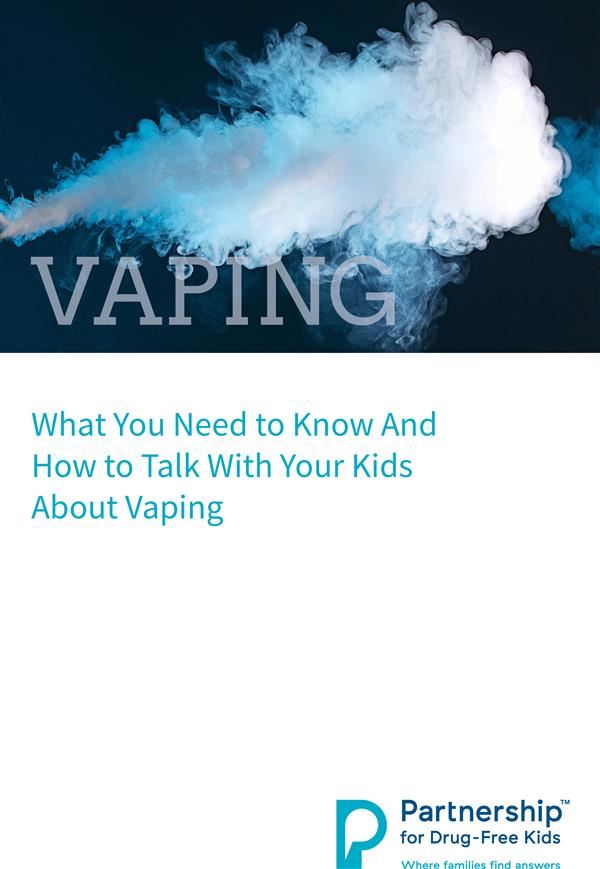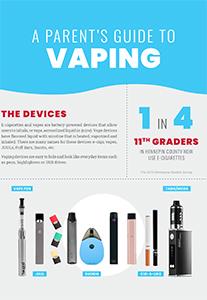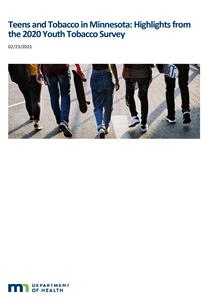-
Chemical health
Promoting and supporting chemical health is an important component to achieving success both personally and academically. Studies have shown that substance use of any kind can be detrimental to the personal, academic and social development of a young person. Drug use at an early age is an important predictor of the development of a substance use disorder later. Anoka-Hennepin Schools has licensed alcohol and drug counselors (LADC) and clinical therapists (LICSW) who can provide school-based chemical health support to students, families, and staff, ensuring that all students have the opportunity to be educated around the negative effects of substance use and to help students make better-informed decisions when it comes to their overall well-being. Prevention is key to helping students learn about the negative effects of substance use, while helping students increase their protective factors and decrease their risk.
Services include, but are not limited to:
- Crisis management.
- Screening.
- Assessment.
- Individual and group support.
- Professional development training for school staff.
- Consultation for parents/staff.
Prevention works best when attention is given to multiple risk and protective factors and when support and education are available. The Anoka-Hennepin School District believes that by promoting and supporting chemical health prevention, we help ensure that our students have every opportunity to be successful both personally and academically.
Chemical Health Prevention Specialists
-
Josh VanHeuveln
763-506-1168
-
Sarah Perry
Google Voice: 612-615-8839
Sarah Perry
Chemical Health Prevention Specialist
Google Voice: 612-615-8839
sarah.perry@ahschools.us -
Brittany Wells
Google Voice: 612-412-4883
Brittany Wells
Chemical Health Prevention Specialist
Google Voice: 612-412-4883
brittany.wells@ahschools.us
Anti-vaping Resources
-
Anti-vaping information and resources
Easily recognized as one of the most popular substance use trends among teens, vaping is the act of inhaling and exhaling an aerosol, often referred to as vapor, produced by an e-cigarette, vape pen, or similar device. These devices often contain flavored e-liquids, nicotine and/or marijuana. There continues to be challenges around the banning of all flavored e-liquids, with big tobacco finding loopholes wherever they can in order to continue selling to our teens. We also know that teens who use e-cigarettes are more likely to start smoking traditional cigarettes than their peers who do not vape. In addition, e-cigarette use among young people, many of whom were not smokers in the first place, has skyrocketed in recent years.
It is important to know that vaping is not safe. Thousands of illnesses and even several dozen deaths have been linked to vaping over the past few years. Anoka-Hennepin believes teens and parents alike should be educated about vaping and the potential for harm.Vaping 101:
- Truth Initiative: America's largest nonprofit public health organization committed to making tobacco use and nicotine addiction a thing of the past.
- Partnership to End Addiction: Partnership to End Addiction is a result of the cohesive joining of two pioneering and preeminent addiction-focused organizations — Center on Addiction and Partnership for Drug-Free Kids.
Need help quitting?
Additional Resources
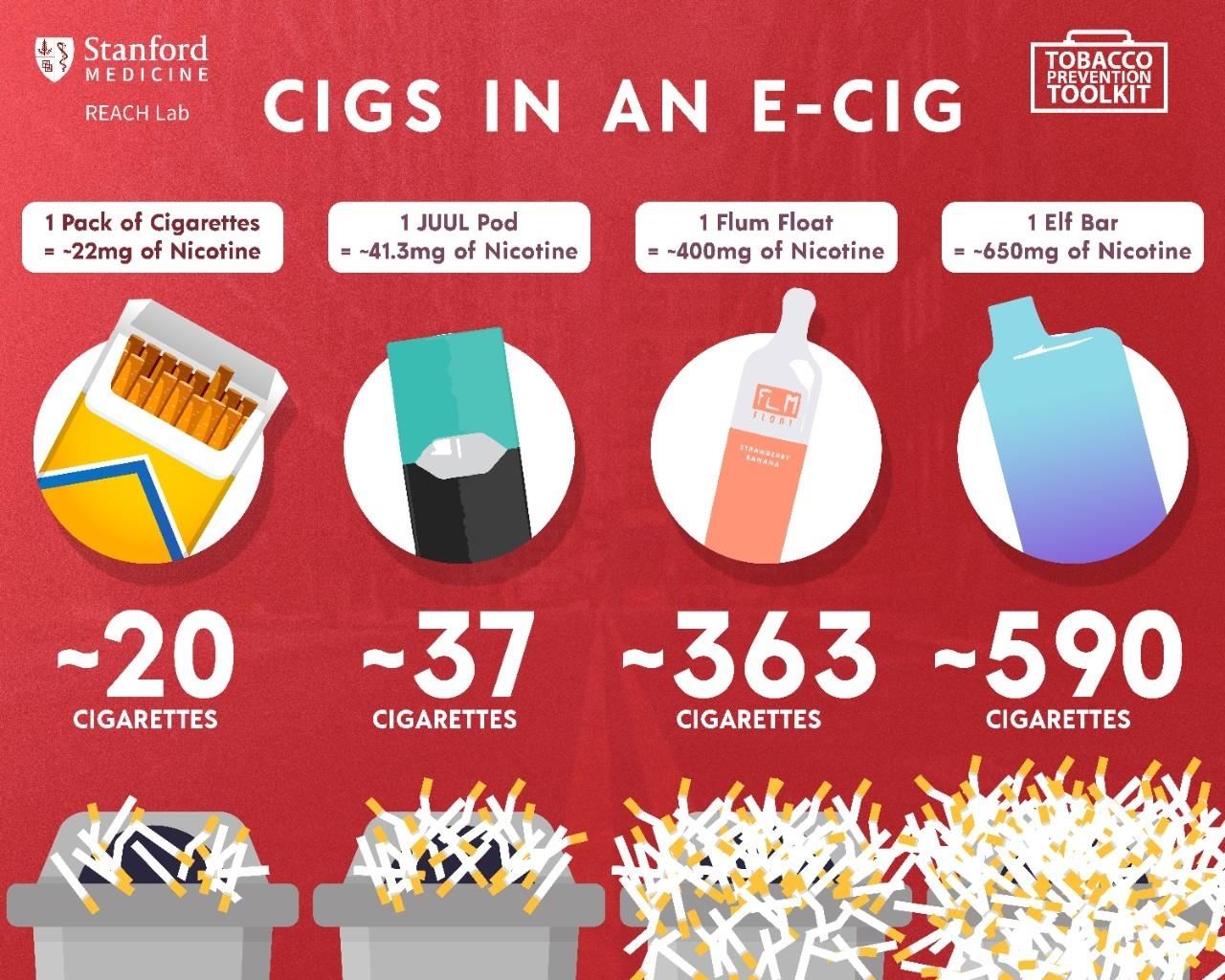
View this guide from Partnership for Drug Free Kids to get more information before having your conversation.
View this resource, A Parent's Guide to Vaping.
View the Minnesota Youth Tobacco Survey results.
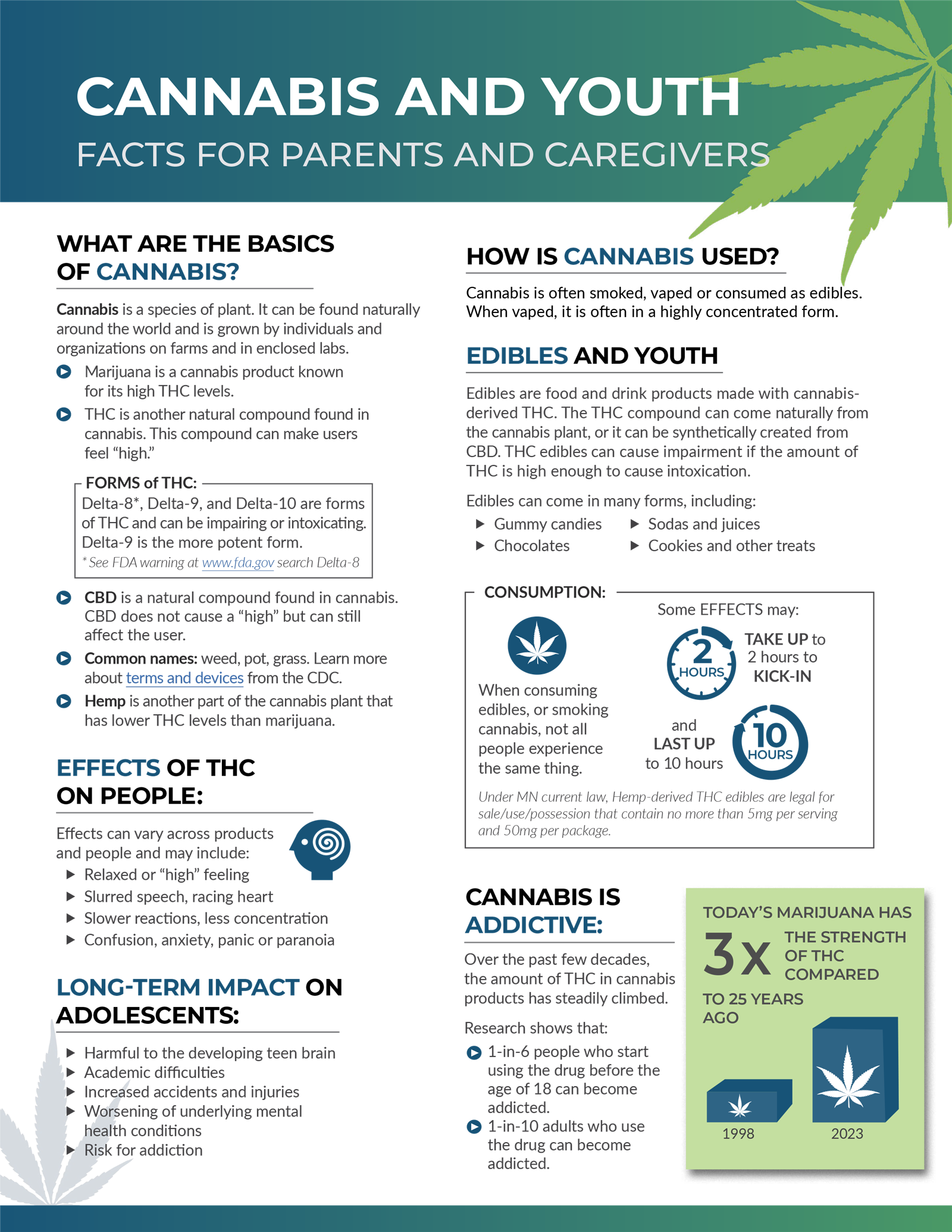
Chemical Health Advisory Committee (CHAC)
-
Chemical Health Advisory Committee
The Anoka-Hennepin Chemical Health Advisory Committee (CHAC) formed in June 2017.
The mission of the CHAC is:
To promote a safe and welcoming environment and well-being of our students’ chemical health through education, prevention and awareness.
The vision of the CHAC is:
To have students embrace a healthy lifestyle free from the misuse and abuse of alcohol, tobacco, and other drugs.
Goals:- CHAC will regularly review and analyze current alcohol and other drug use and trends both
locally, statewide, and nationally. - CHAC will provide a venue for creating campus collaborations on alcohol and drug
education programming and prevention efforts. - CHAC will make recommendations for the Student Services Department and School Board
concerning alcohol and other drug issues (consistent with School Board Policy 533 - Student
Wellness).
- CHAC will regularly review and analyze current alcohol and other drug use and trends both
Chemical Health Resources
-
Chemical Health Resources
Chemical Health Resources for Anoka-Hennepin students and families
A quick resource of basic terminology resources specific to vaping and other illegal substances, as well as community resources. A great place to start when needing additional information filled with links to websites, support, and education.
Partnership for Drug-Free Kids
By bringing together renowned scientists, parent experts, and communications professionals, the Partnership for Drug-Free Kids translates the science of teen drug use and addiction for families. You can find a wealth of information, tools and opportunities to help prevent substance use/misuse among our young adults.
Substance Abuse and Mental Health Services Administration (SAMSHA)
The Substance Abuse and Mental Health Services Administration (SAMSHA) is the agency with the U.S. Department of Health and Human Services that leads public health efforts to advance the behavioral health of the nation. It is the mission of the SAMSHA to reduce the impact of substance abuse and mental illness on America's communities.
Chemical Health Support FAQ
-
How do I get connected with chemical health support?
Reach out to your school counselor, social worker or district chemical health prevention specialist, Josh VanHeuveln: joshua.vanheuveln@ahschools.us.
-
Will parents/guardians be contacted regarding chemical health support services?
If a student receives a chemical health violation at school, parents/guardians will be advised of school support services for student success. Other support staff may also connect the student with one of our supports if they deem it helpful and necessary.
-
Is there a cost to these services?
No. All school-based chemical health support is at no cost to the student. If through engagement with one of the chemical health support providers there is a recommendation a student should have a formal chemical health assessment, the parent/guardian will be informed. Parents/guardians are responsible for any costs associated with any community services they may receive. If cost is a concern, parents/guardians should check with their insurance provider and/or the community agency to see if a sliding scale is available.
-
Will my information be kept confidential?
All information shared with our chemical health support staff will remain confidential, however, mandated reporting will be followed.
-
Where can I find additional community resources?

